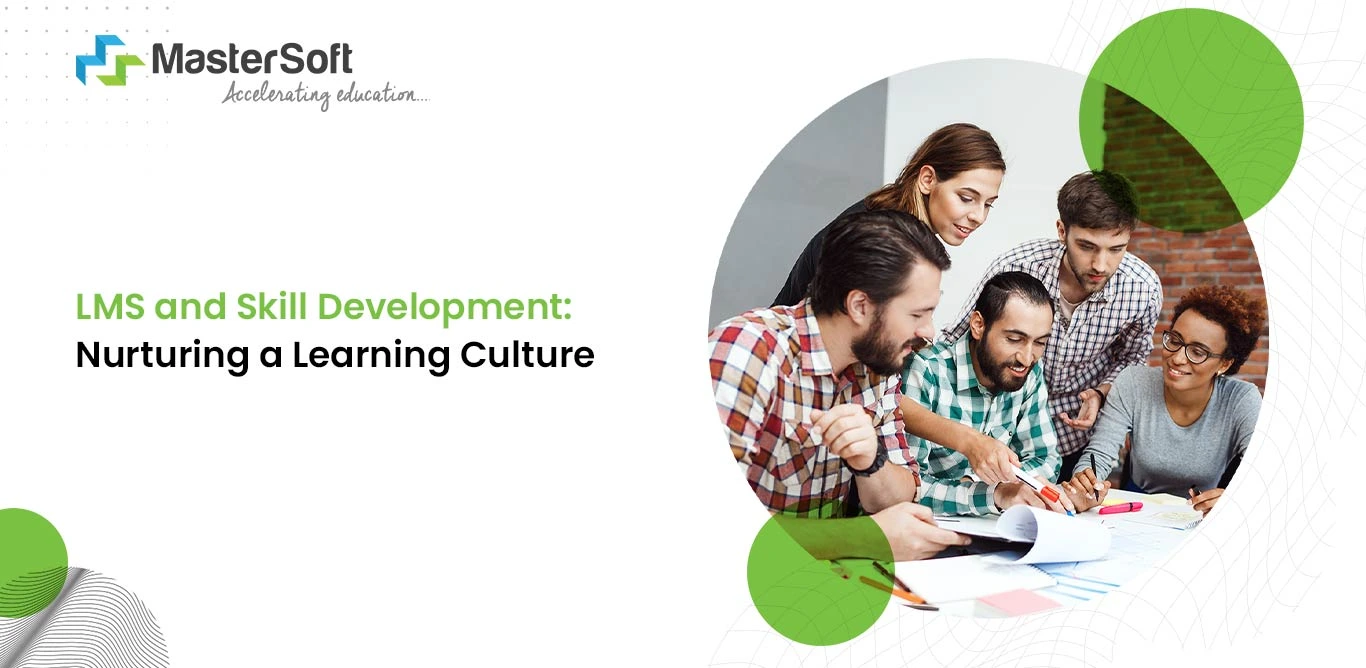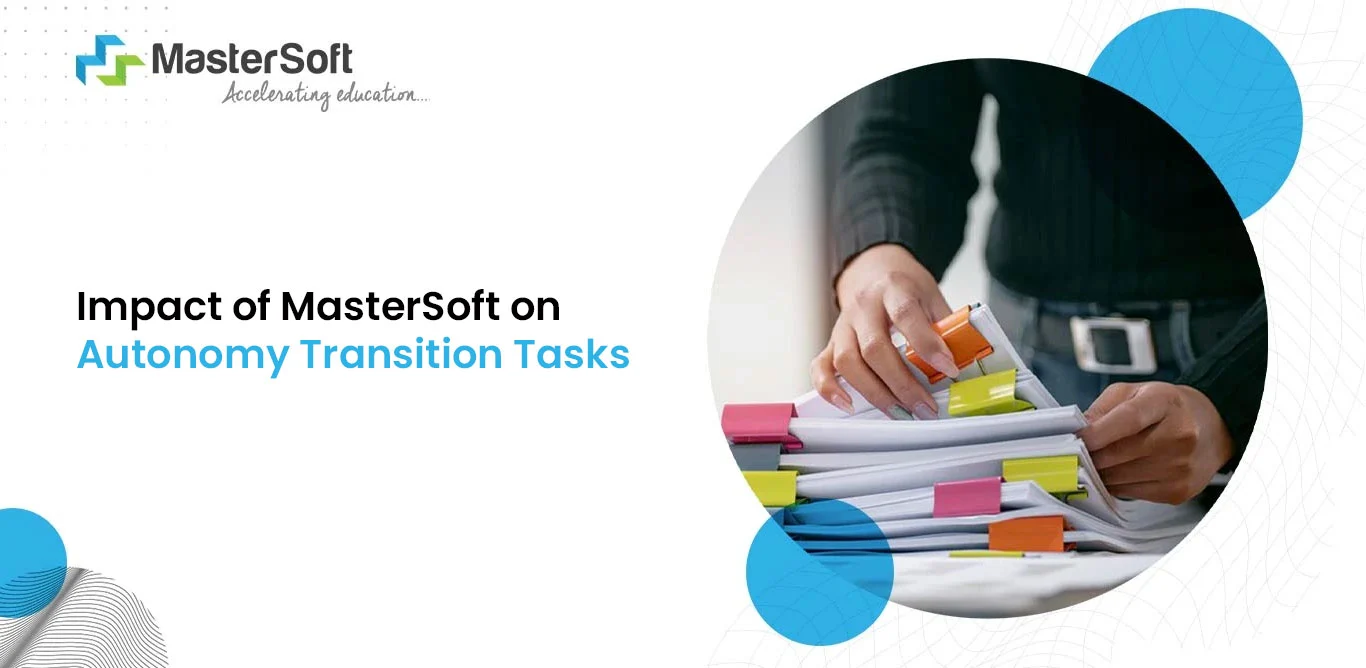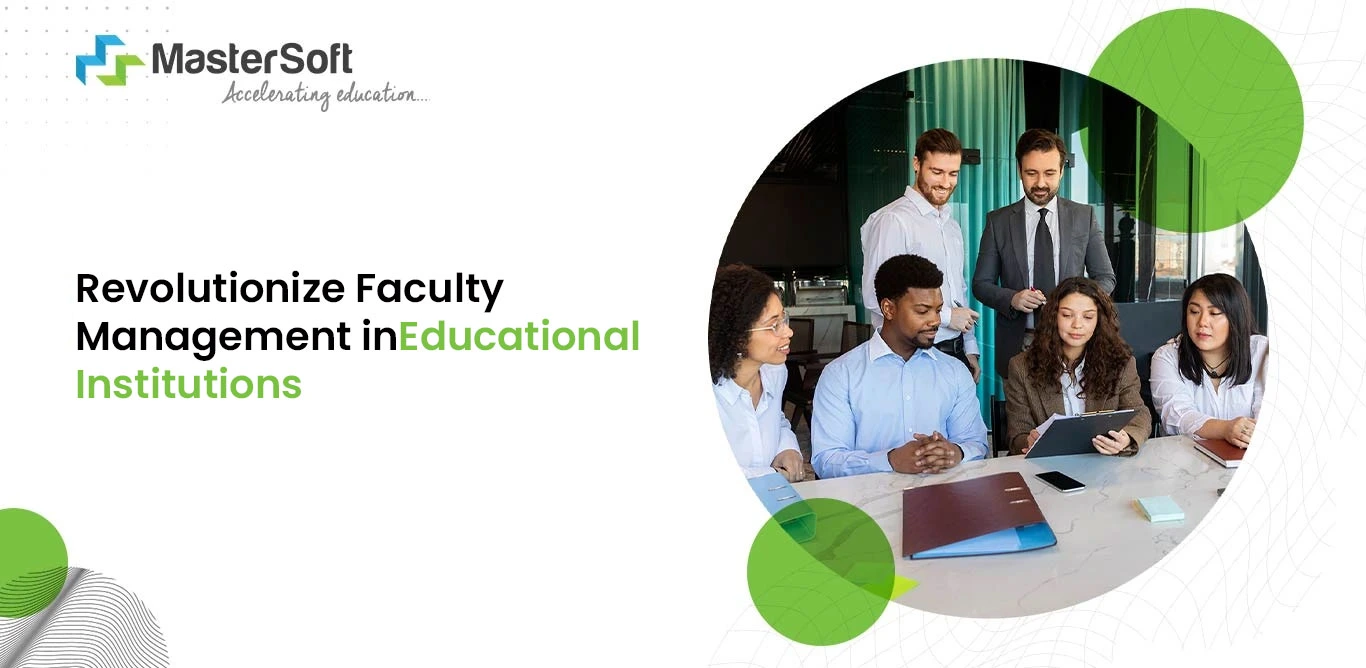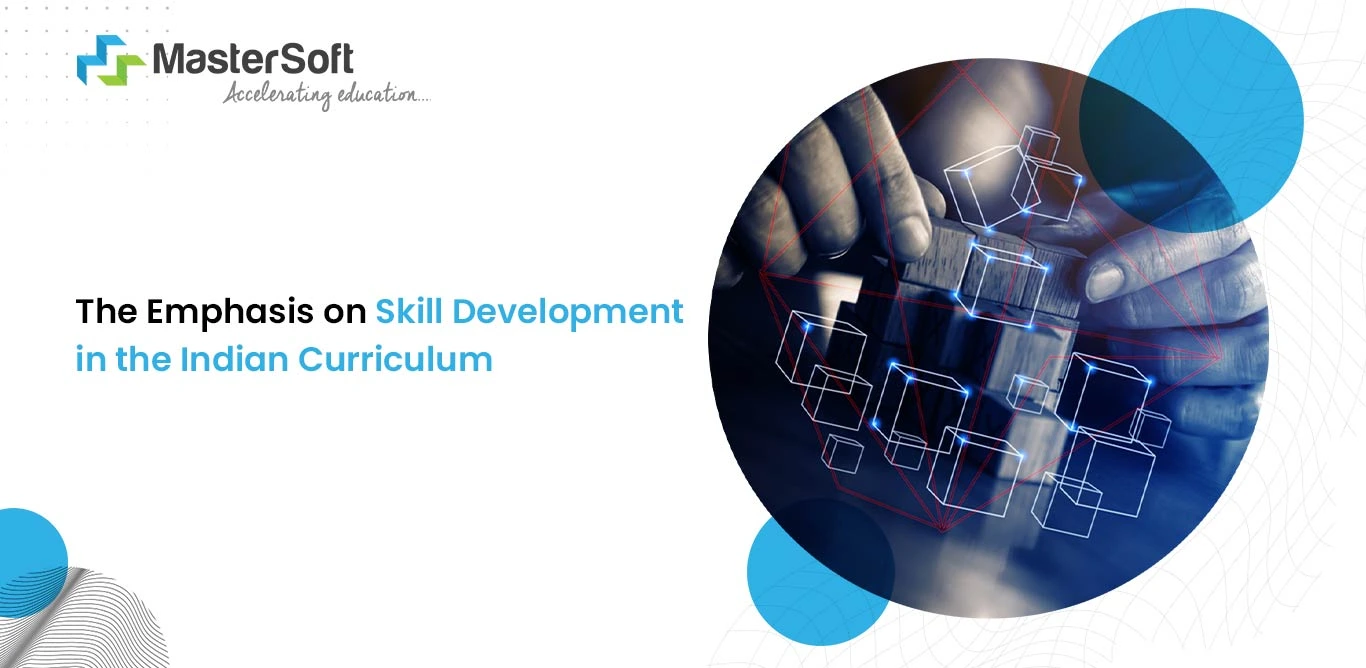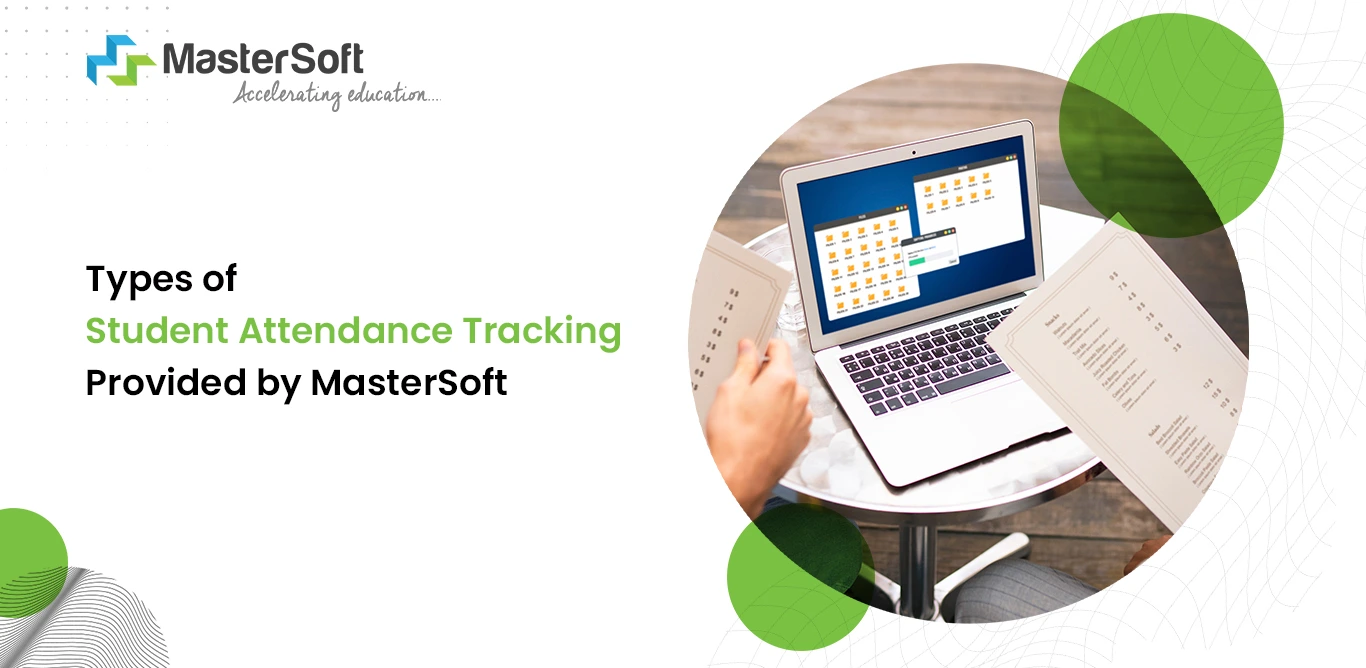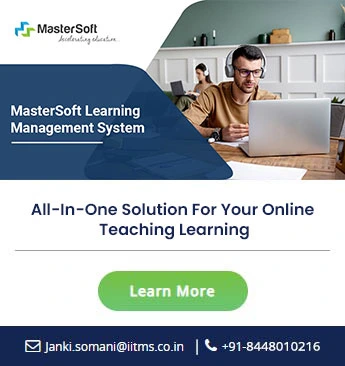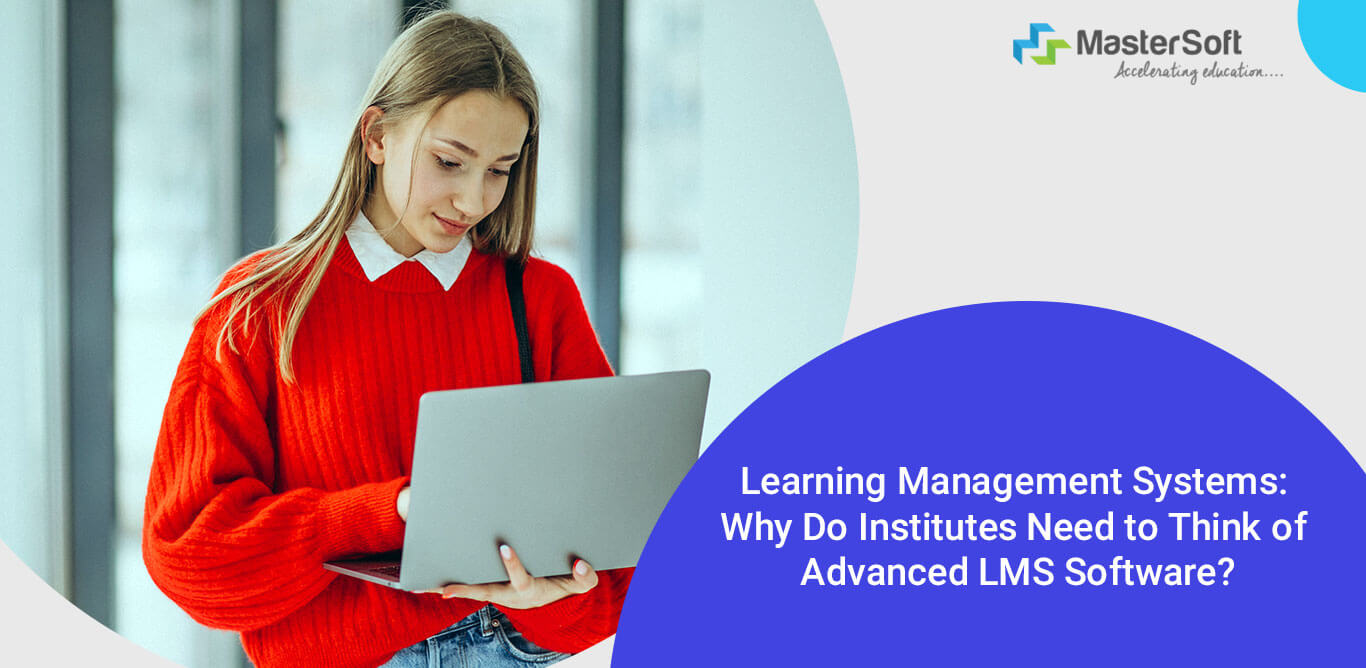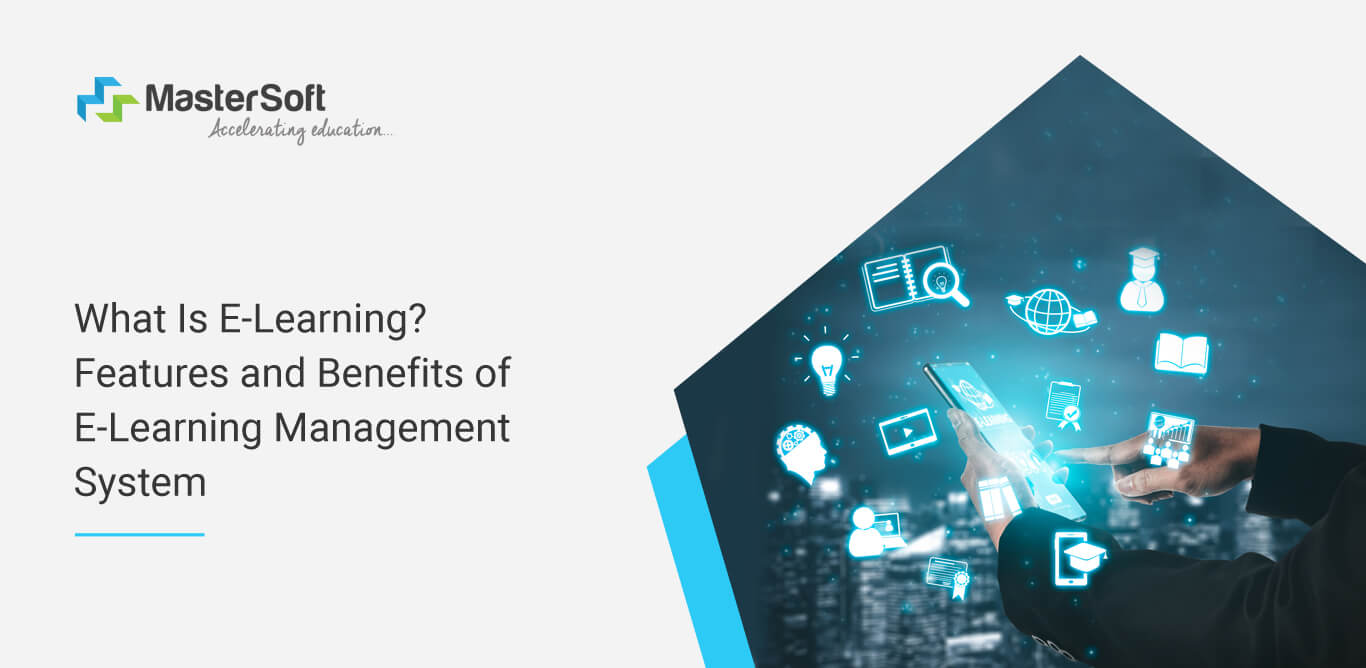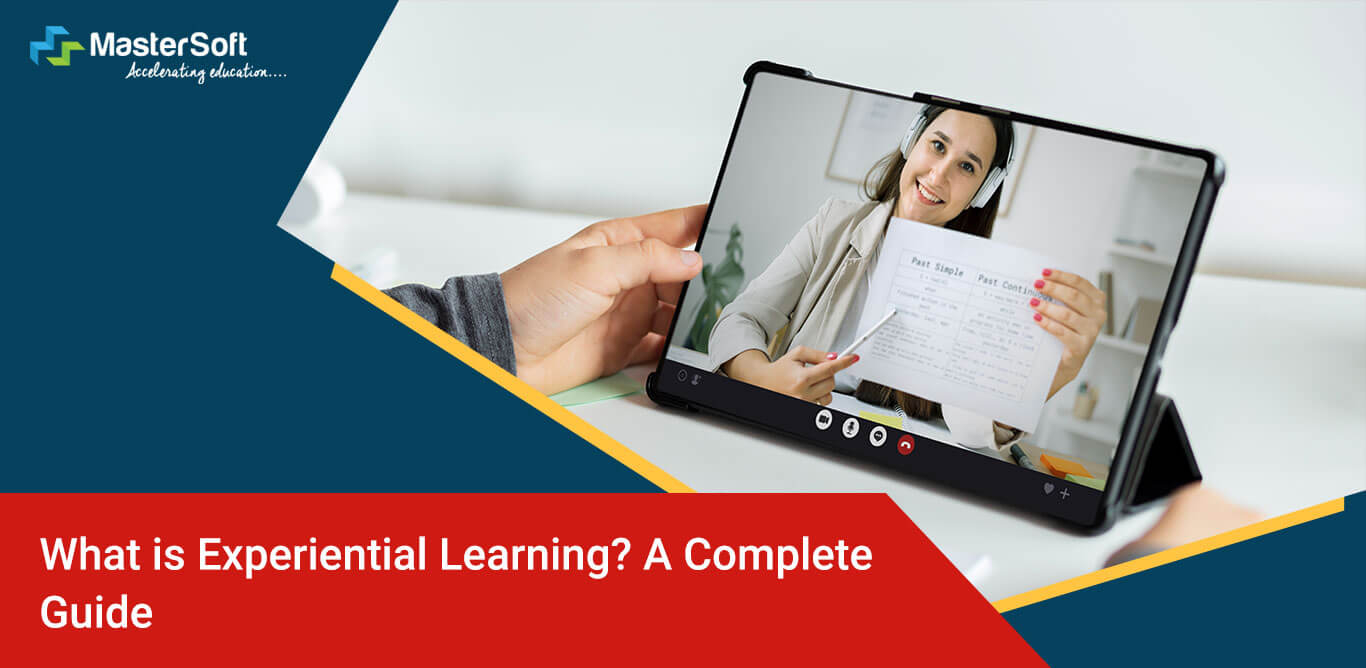02, Oct 2023
Skill development has now become a critical component of education. Educational institutions worldwide are increasingly recognising the importance of nurturing a learning culture that goes beyond traditional classroom teaching.
This cultural shift towards lifelong learning is fueled by the integration of Learning Management Systems (LMS) into educational institutions. LMS software is revolutionising the way students, teachers, and administrators engage with the learning process.
The Evolution of Skill Development
Traditionally, educational institutions were primarily focused on imparting theoretical knowledge. However, as the job market and industries have evolved, the emphasis has shifted towards practical skills and competencies.
Employers now seek candidates with a diverse skill set that includes not only academic knowledge but also soft skills, technical expertise, and the ability to adapt to changing circumstances. This shift has prompted educational institutions to reevaluate their approach to teaching and learning.
Learning Management System - A Comprehensive Guide On LMS Software
Cultivating a Learning Culture in Educational Institutions and Improving Student Learning Outcomes
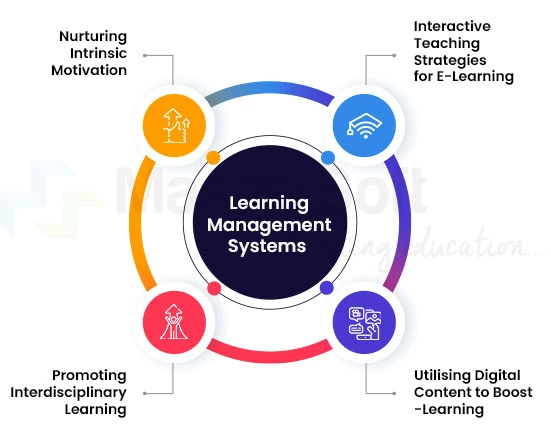
Nurturing Intrinsic Motivation:
Educational institutions should strive to instill a genuine love for learning in their students. When learning becomes enjoyable, students are more likely to engage in independent exploration and self-study, fostering a lifelong commitment to learning and resulting in improved learning outcomes.
Interactive Teaching Strategies for E-Learning:
Teachers should adopt interactive teaching strategies that actively involve students in the e-learning process. Encouraging student-teacher and peer interactions keeps students engaged and motivated to learn continuously, ultimately leading to improved learning outcomes.
Promoting Interdisciplinary Learning:
Educational institutes should encourage interdisciplinary learning, as it broadens students' horizons and can spark a lifelong interest in certain subjects. This interdisciplinary approach nurtures a desire to continually expand knowledge and skills, resulting in enriched learning outcomes.
Utilising Digital Content to Boost E-Learning:
Digital content, such as engaging videos and multimedia resources, can make e-learning captivating and enjoyable. By incorporating such content into the curriculum, institutions can ignite students' curiosity and passion for e-learning, ultimately contributing to augmented learning outcomes.
The Role of Learning Management Systems (LMS)
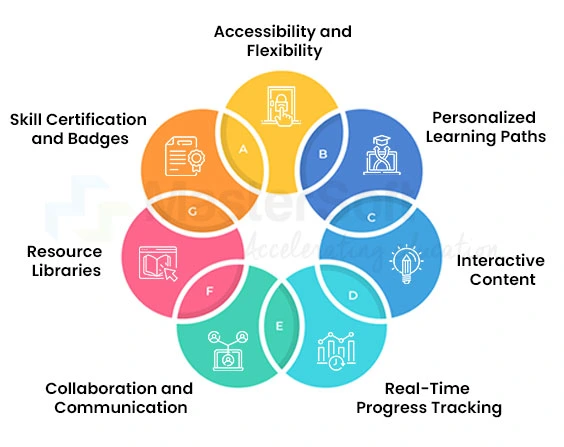
Learning Management Systems (LMS) have emerged as a powerful tool to bridge the gap between academic knowledge and practical skills. These digital platforms offer a wide range of features and functionalities that facilitate skill development in the following ways:
Accessibility and Flexibility:
LMS software provides students with 24/7 access to learning materials, allowing them to learn at their own pace and on their own schedule. This accessibility and flexibility are essential for skill development, as they encourage self-directed learning and independence.
Personalised Learning Paths:
Learning Management Systems can customise learning paths based on a student's individual strengths and weaknesses. This personalised approach ensures that each student can focus on skill areas that require improvement, leading to more targeted skill development.
Interactive Content:
Many LMS platforms offer interactive content such as videos, simulations, and quizzes. Interactive learning engages students and reinforces skill acquisition through hands-on experiences.
Real-Time Progress Tracking:
LMS software provides real-time tracking of a student's progress. Teachers and administrators can monitor how students are performing and intervene when necessary to provide additional support or guidance.
Collaboration and Communication:
LMS often includes features for collaborative learning, where students can work together on projects, share ideas, and engage in discussions. Effective communication is a crucial skill in today's workforce, and LMS software promotes its development.
Resource Libraries:
LMS platforms often include extensive resource libraries that students can tap into to enhance their skill development. These resources can range from textbooks and articles to industry-specific tools and software.
Skill Certification and Badges:
Many LMS software offers the option to earn certifications or badges upon the completion of specific skill-based courses or modules. These credentials can be valuable in showcasing one's skills to potential employers.>
Why Do Institutes Need To Think of Advanced LMS Software?
The Impact on Teachers and Instructors
LMS platforms not only benefit students but also have a significant impact on teachers and instructors:
Efficient Content Delivery:
Teachers can efficiently deliver content through the LMS, freeing up time for more interactive and engaging teaching methods. This shift allows educators to focus on facilitating skill development rather than just content dissemination.
Data-Driven Insights:
Learning Management Systems generate data on student performance, allowing teachers to identify areas where students may be struggling. This data-driven approach enables instructors to provide targeted support and interventions.
Professional Development:
LMS platforms often offer resources for professional development, enabling educators to enhance their own skills and teaching methodologies. This continuous improvement benefits both teachers and students.
Communication and Feedback:
LMS software facilitates communication between teachers and students. Instructors can provide timely feedback, answer questions, and offer guidance, creating a supportive learning environment.
The Institutional Perspective
From an institutional perspective, LMS software offers several advantages in nurturing a learning culture:
- LMS software can reduce costs associated with physical infrastructure, textbooks, and printed materials. This cost efficiency enables institutions to allocate resources to other critical areas of education.
- LMS can accommodate a large number of students, making it feasible for institutions to reach a broader audience. This scalability is particularly important for institutions looking to expand their educational offerings.
- LMS software often includes features for quality assurance, ensuring that courses and materials meet the institution's educational standards.
- LMS platforms enable institutions to reach students from around the world. This global reach not only diversifies the student body but also exposes students to different cultural perspectives, fostering a more inclusive learning culture.
- Institutions can use LMS-generated analytics and reports to assess the effectiveness of their programs and make data-driven decisions for continuous improvement.
National Education Policy 2020: All You Need To Know About NEP 2020 For Schools
Challenges and Considerations
While LMS software offers numerous benefits, its implementation in educational institutions also comes with challenges and considerations:
- Ensuring that all students have access to the necessary technology and resources to use LMS platforms can be a challenge, especially in underprivileged areas or countries with limited internet connectivity.
- Both students and teachers may require training and ongoing support to effectively use LMS platforms. Institutions need to allocate resources for training programs.
- Protecting student data and ensuring privacy are paramount concerns. Institutions must implement robust security measures and comply with relevant data protection regulations.
- The quality of content hosted on LMS platforms is crucial. Institutions must invest in developing high-quality, up-to-date content to ensure skill development aligns with industry standards.
- LMS platforms require regular updates and improvements. Institutions must have a plan for ongoing maintenance and enhancements to keep up with evolving educational needs.
Final Thoughts,
Learning Management Systems have become integral tools in nurturing a learning culture within educational institutions. They provide the infrastructure for skill development, offering accessibility, flexibility, and personalised learning experiences for students. Additionally, LMS platforms empower teachers and instructors to facilitate skill development effectively while providing institutions with cost-effective, scalable, and data-driven solutions.
As the world continues to evolve, the role of educational institutions in preparing students for the workforce becomes increasingly critical. LMS platforms play a pivotal role in bridging the gap between academia and industry, equipping students with the practical skills and competencies needed for success.
While challenges exist, the benefits of LMS in skill development and cultivating a culture of lifelong learning make their integration a worthwhile endeavour for educational institutions worldwide.
Streamline Teaching-Learning Process with MasterSoft’s Learning Management System
Mobile: 08448010216
Email:info@mastersofterp.com

